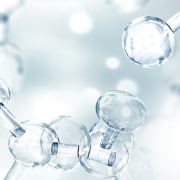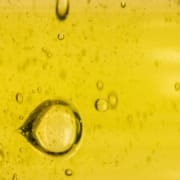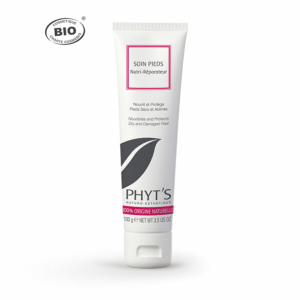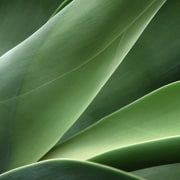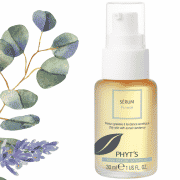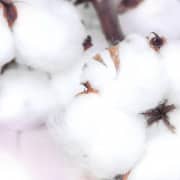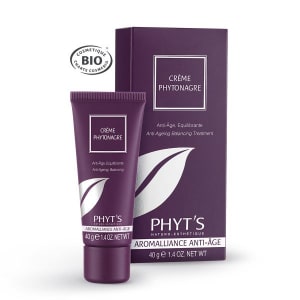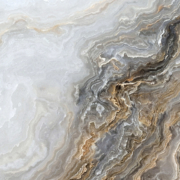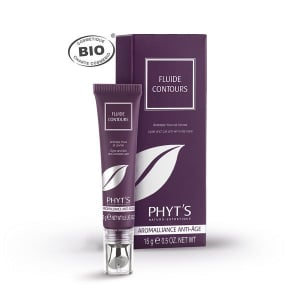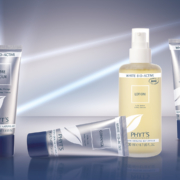Where do you find collagen?
If you were to try to explain to someone what your body is made of, you might say two arms, two legs, feet and hands, a head and a torso. Or, you might go to the other extreme and say that you are made up of billions of cells. Both answers would be correct.
Human body tissue is another way of describing how our cells are grouped according to specific structures and functions that make up our organs and other body parts:
- Muscle tissue is found throughout the body, even in organs such as the heart.
- Epithelial tissue covers and protects our bodies and the lining of some organs in the form of skin.
- Connective tissue, which can be found filling the spaces in our body, holds our parts together and provides support.
- Nervous tissue transmits signals from nerves to the spinal cord and brain using our five senses.
Collagen is secreted by various cells but mainly by connective tissue cells.
What exactly is collagen?
Collagen is a complex, insoluble, and fibrous protein that makes up one-third of the protein in the human body.
There are at least 16 different types of collagen, each with different structures and functions.
But 80 to 90% of them belong to the first three types, known as Type 1, 2 and 3.
Collagen is found in the extracellular matrix and presents as a tightly knit network of macromolecules that determines the physical properties of body tissues. A macromolecule is a molecule containing a large number of atoms.
In most collagens, the molecules are packed together to form long, thin fibrils. These fibrils act as supporting structures and anchor cells to each other, giving the skin strength and elasticity.
Type 1 collagen fibrils are particularly capable of being stretched and, Gram-for-gram, is stronger than steel.
Some collagens act as protective coverings for delicate organs in the body, such as the kidneys.
In the dermis – the middle layer of skin – collagen helps form a fibrous network of fibroblasts, upon which new cells can grow. It also plays a role in replacing and restoring dead skin cells.|
Collagen, ageing and the skin
With age, the body produces less collagen and the structural integrity of the skin declines.
Women experience a dramatic reduction in collagen synthesis after menopause. By the age of 60, a considerable decline in collagen production is expected.
Wrinkles form, and joint cartilage weakens.
Clinical usages of collagen
Collagen is resorbable. It means it can be broken down, converted, and absorbed back into the body. It can also be formed into compacted solids or lattice-like gels.
Its diverse range of functions, and the fact that it is naturally occurring, make it clinically versatile and suitable for various medical purposes.
For medical and cosmetic use, Collagen can originate from humans, cows, pigs, or sheep.
Skin fillers
Fillers containing collagen can be used cosmetically to remove lines and wrinkles from the face and improve scars.
These fillers are sourced from humans and cows. It is wise to undergo skin tests before using collagen from cows to avoid aggravating any potential allergies.
Collagen can fill relatively superficial volumes, and more extensive gaps are usually filled with fat, silicone, or implants.
Wound dressing
Collagen can help heal wounds by attracting new skin cells to the wound site, and it promotes healing and provides a platform for new tissue growth.
Guided tissue regeneration
Collagen-based membranes have been used in periodontal and implant therapy to promote the growth of specific types of cells.
In oral surgery, collagen barriers can prevent fast-growing cells around the gum from migrating to a wound in a tooth. In doing so, it preserves a space where tooth cells have the chance to regenerate.
Collagen-based membranes can aid healing in these cases, and they are resorbable, so this barrier does not need to be surgically removed after the primary operation.
Ways to maintain or replenish collagen in the skin tissues
Skin revitalisation
Many products containing collagen, including creams and powders, claim to revitalise the skin by increasing collagen levels within the body. However, this is unlikely as collagen molecules are too large to be absorbed through the skin. Any benefit is probably due to the moisturising effects of these products.
Such treatments are also not classified as drugs, so any claims regarding their efficacy do not need to be scientifically proven. Caution is advised when using these products.
A healthful diet can help the body produce collagen. Nutrients that may support collagen formation include:
- Proline: in egg whites, meat, cheese, soy, and cabbage.
- Anthocyanidins: in blackberries, blueberries, cherries, and raspberries.
- Vitamin C: in oranges, strawberries, peppers, and broccoli.
- Copper: in shellfish, nuts, red meat, and some drinking water.
- Vitamin A: occurring in animal-derived foods and plant foods as beta-carotene.
Use antioxidants topically
To boost your body’s collagen production, reach for skincare products with antioxidant ingredients. A popular choice is retinol, which prevents collagen breakdown and stimulates fibroblasts. However, retinol should be used mindfully. If overused, it can cause skin sensitivity by disrupting the invisible barrier on the top of our skin.
Other significant antioxidants include vitamins C and E, which work best together. Vitamin C regenerates vitamin E, while vitamin E returns the favour by increasing the stability of Vitamin C.
To keep your skin healthy and protect our ecosystem, the best is to look for skincare formulated from 100% natural ingredients and certified organic when possible. The antioxidant extracted from Mother Nature herself will support the production of healthy fibroblast and slow down the breakdown of collagen within your skin.
A great strategy is also to be well aware of what damages collagen in the first place. Once you know the cause of those damages, you can avoid or remove these elements from your life and practice the wise adage that prevention is better than cure.
What damages collagen?
Some factors can deplete collagen levels within the body, and avoiding them could keep the skin healthy for longer:
- High sugar consumption: A high-sugar diet increases the rate of glycation, a process where blood sugars attach to proteins to form new molecules called advanced glycation end products (AGEs).
AGEs damage nearby proteins and make collagen dry, brittle, and weak.
- Smoking: Many chemicals in tobacco smoke damage collagen and elastin in the skin.
Nicotine also narrows the blood vessels in the outer layers of the skin, and this compromises skin health by reducing the delivery of nutrients and oxygen to the skin.
- Sunlight: Ultraviolet rays in sunlight cause collagen to break down more rapidly, damaging collagen fibres and causing abnormal elastin to build up.
The UV rays damage the collagen in the dermis, and the skin rebuilds incorrectly, forming wrinkles.
- Autoimmune disorders: Some autoimmune disorders cause antibodies to target collagen.
Genetic changes can affect the extracellular matrix, and the produced collagen can be lower, or it may be dysfunctional mutated collagen.
Avoiding tobacco and excess sun exposure together with a healthful dietary and exercise regime can help reduce visible ageing and protect collagen, keeping the skin, bones, muscles, and joints healthy for longer.

